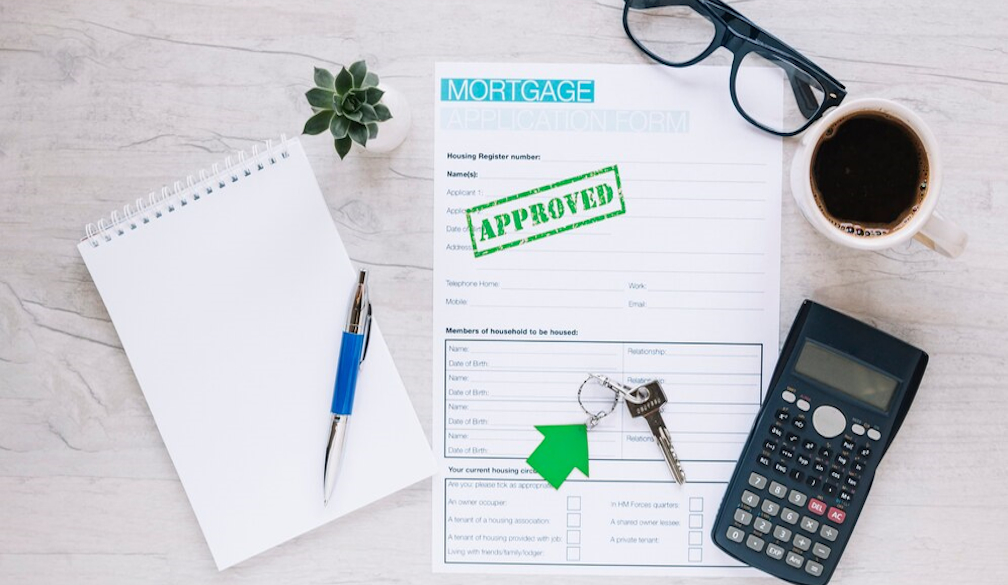The Legal Checklist: Essential Steps Before Buying Your First Home
- Written by James Thomson, Managing Partner, Burgess Thomson

Buying your first home is an exciting journey, but it’s also one that involves significant legal considerations to protect your interests and ensure a smooth transaction.
In Australia, the property market operates within a complex legal framework, making it crucial for first-time homebuyers to understand the key legal steps involved in purchasing property.
This checklist aims to equip you with essential insights and practical actions to take as you navigate your way towards home ownership.
Understanding the Role of Conveyancing
Conveyancing is the process of transferring the legal title of property from one person to another. It encompasses all the legal and administrative work required to ensure that a house purchase is valid under law.
For first-time buyers, engaging a qualified conveyancer or solicitor early in the buying process is crucial. These professionals will handle the legal intricacies of property transfer, including searching the title, ensuring the property is free from liens, managing the exchange of contracts, and overseeing the settlement process.
Conducting Thorough Property Inspections
Before committing to a purchase, it’s important to conduct detailed property inspections. This typically includes a building inspection to check for structural integrity, a pest inspection to ensure the property is free from infestations, and a survey to confirm property boundaries.
These inspections are vital as they can impact your final decision to buy or the price you are willing to pay. They also provide a layer of protection against unforeseen issues that could incur significant costs in the future.
Reviewing the Contract of Sale
The contract of sale is a critical document that outlines the terms and conditions of the property transaction. Reviewing this contract thoroughly cannot be overstressed.
It should detail the rights and responsibilities of each party, property boundaries, fixtures and fittings included in the sale, any encumbrances or easements on the property, and the settlement period.
Your conveyancer or solicitor will review this document to ensure it reflects your understanding and that there are no legal loopholes that could adversely affect your ownership.
Understanding Stamp Duty and Additional Costs
Stamp duty is a tax imposed on property purchases in Australia. The amount of stamp duty payable varies by state and the value of the property. First-time homebuyers may be eligible for stamp duty concessions or exemptions, which can significantly reduce the cost of buying a home.
Additionally, it's important to budget for other costs associated with buying a home, such as loan application fees, conveyancing fees, inspection costs, and mortgage insurance.
Securing Finance: Mortgage Approval
Securing a mortgage is one of the biggest steps in buying a home. Before entering into a property purchase, ensure you have a mortgage pre-approval. This not only confirms how much you can borrow based on your financial situation but also strengthens your position as a buyer when negotiating on properties. It’s advisable to shop around for the best mortgage rates and terms that suit your financial circumstances.
Checking Zoning and Council Regulations
Understanding the zoning regulations and any council restrictions is important before purchasing a property. Zoning laws dictate how a property can be used, which can affect your plans for using or modifying the property. For instance, if you plan to build an extension in the future, it's essential to know whether zoning restrictions would permit it. Your conveyancer can help you access and interpret this information.
Final Walk-Through and Settlement
Before the settlement, a final walk-through of the property is advised. This is your chance to ensure that everything is in order, as agreed upon in the contract of sale, and that no new issues have arisen. Once everything checks out, your conveyancer or solicitor will finalise the settlement with the seller’s legal representatives. This involves paying the purchase price, transferring the title, and registering you as the new owner.
Conclusion
Buying your first home is a landmark event that requires careful planning and attention to legal details. By following this legal checklist, you can approach the purchase with confidence, knowing that you have taken the necessary steps to secure your investment and comply with legal standards. Remember, while the process can seem daunting, the right preparation and professional guidance can lead to a rewarding and successful home buying experience.
Author Biography
James Thomson, Managing Partner, Burgess Thomson
James Thomson is the Managing Partner at Burgess Thomson, a leading law firm in Newcastle, Australia. Since 1983, their expert team has delivered comprehensive commercial and business legal solutions tailored to meet individual needs. Trust Burgess Thomson for reliable, professional, and results-driven legal advice and representation.






